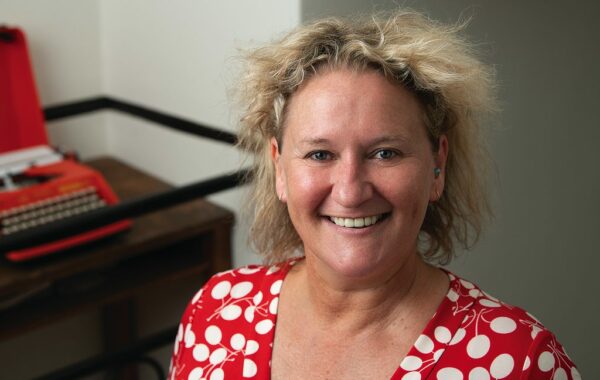Budget gets the nod from peak bodies

PIPA Chair Nicola McDougall said the doubling of the federal government’s various home guarantee schemes will assist some 50,000 people annually.
The 2022 Federal Budget looks to have hit the right note with the building and investment industry who are now heaping praise on the home ownership incentives identified in the budget documents.
The Property Investment Professionals of Australia (PIPA) has applauded the continuation and expansion of the Home Guarantee Scheme that they say will help thousands of people become property owners and improve their financial futures.
PIPA chair Nicola McDougall said that saving a property deposit has always been difficult, but even moreso now with record property prices and soaring cost of living pressures.

“The doubling of the federal government’s various home guarantee schemes will assist some 50,000 people annually, many of whom may have struggled to achieve home ownership without it,” Ms McDougall said.
“The role that home ownership plays in the creation of household wealth as well as housing security cannot be denied, but record property prices is preventing many people from ever achieving that goal.
“It’s especially pleasing to see the Family Home Guarantee for single parents expanded to 5000 places every year until 2025 because these are the buyers who need assistance the most.
With rental markets critically undersupplied around the nation, helping single parents make the usually difficult transition from being a tenant to a homeowner will make a significant difference to their lives as well as to the lives of their children.
Research has previously found that by 2056, the rate of homeownership for over-65s in Australia will have declined from about 76 per cent today to about 57 per cent.
Ms McDougall said these declining rates of homeownership may see more people spending their twilight years living in poverty, especially women and men who may never had the chance to purchase their own home due to being a single parent.
“Schemes such as these will help thousands of potential homeowners, which will fundamentally improve their financial situation throughout their lives as well as during retirement.”
The assistance will be welcomed in the regions especially with the very latest ABS regional migration figures showing that Australia’s regional population grew more than the capital cities for the first time in more than four decades.
The Housing Industry Association (HIA) has also welcomed the initiatives saying that these measures to support home ownership contained in the budget will help thousands of Australians achieve the dream of home ownership.
HIA managing director Graham Wolfe said research shows that 85 per cent of renting households aspire to own their own home, yet only 45 per cent feel they will achieve it.

“All levels of government have a role to play in restoring the rate of home ownership and the measures announced yesterday demonstrate that the federal government is committed to playing a bigger role,” Mr Wolfe said.
“While many people can service a mortgage, the deposit gap continues to be the biggest barrier to home ownership.
“The First Home Super Saver Scheme is also providing a lower tax environment for home deposit savings.
“The increase in the withdrawal cap to $50,000 will enable first home buyers to keep more of their savings and pay less tax to help them save a deposit sooner.”
Secure housing has been acknowledged as a fundamental need for everyone, as state governments scale back their direct provision of public housing, it is crucial that the not-for-profit community housing sector is supported to fill the void.
Extending the liability cap of the affordable housing aggregator by a further $2 billion will enable the National Housing Finance and Investment Corporation (NHFIC) to continue to build this critical housing.
Access to funding via NHFIC will enable the community housing sector to make more affordable housing available to those having difficulty accessing the private rental market now and into the future.
Mr Wolfe said the critical shortage of skilled trades workers that we are experiencing today is the outcome of a sustained decline in apprentice numbers over a long period.
“The Boosting Apprenticeship Commencements (BAC) scheme turned this trend around, with apprentice and trainee commencements in the year to September 2021 increasing by 88 per cent compared to the previous year.
“The new Australian Apprenticeship Incentive System will take over from the BAC on 1 July.”

















